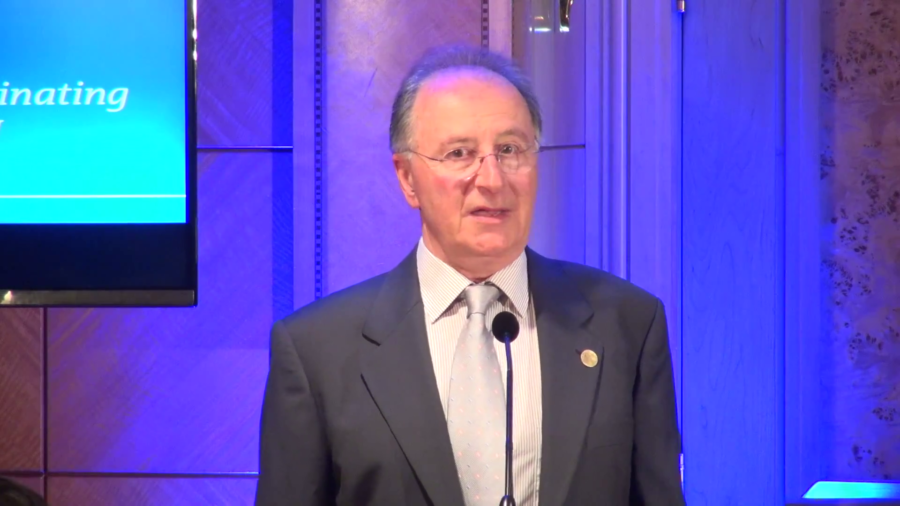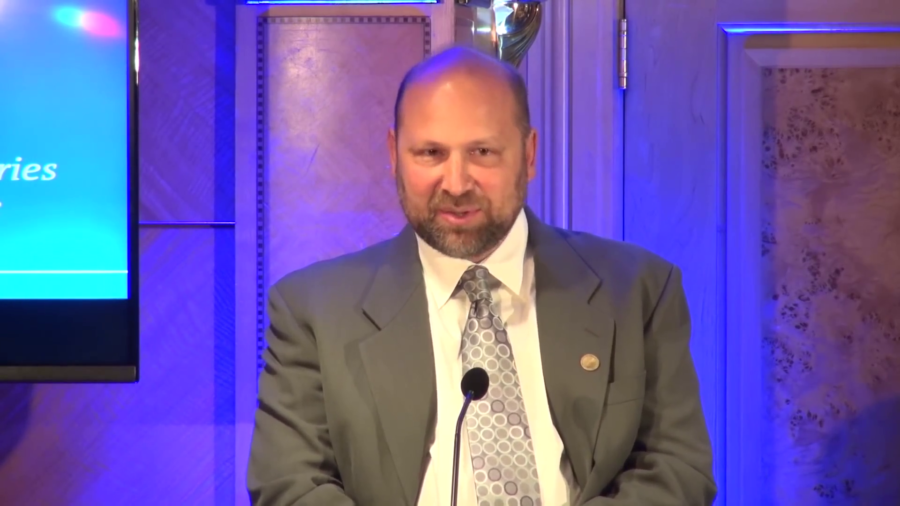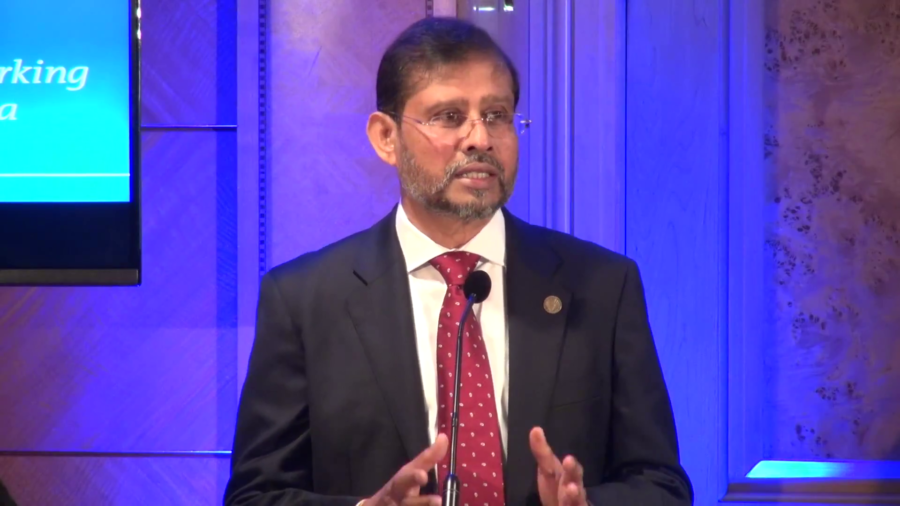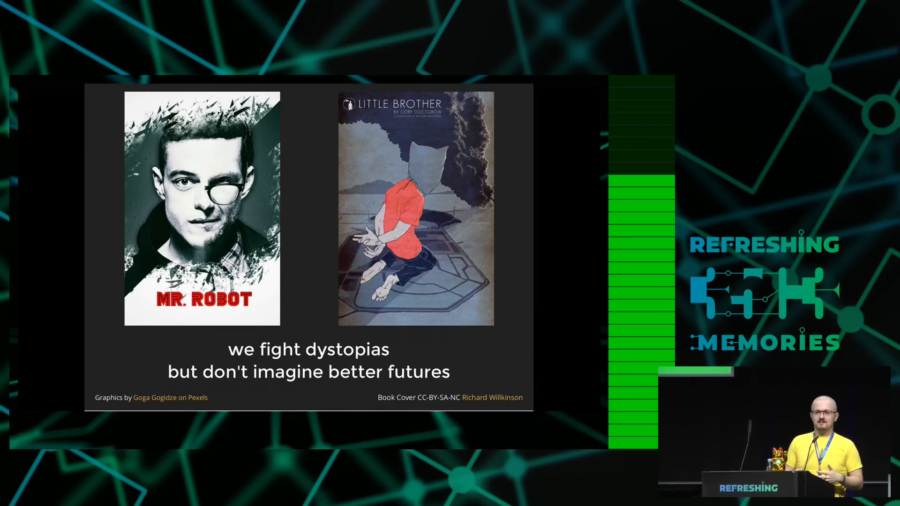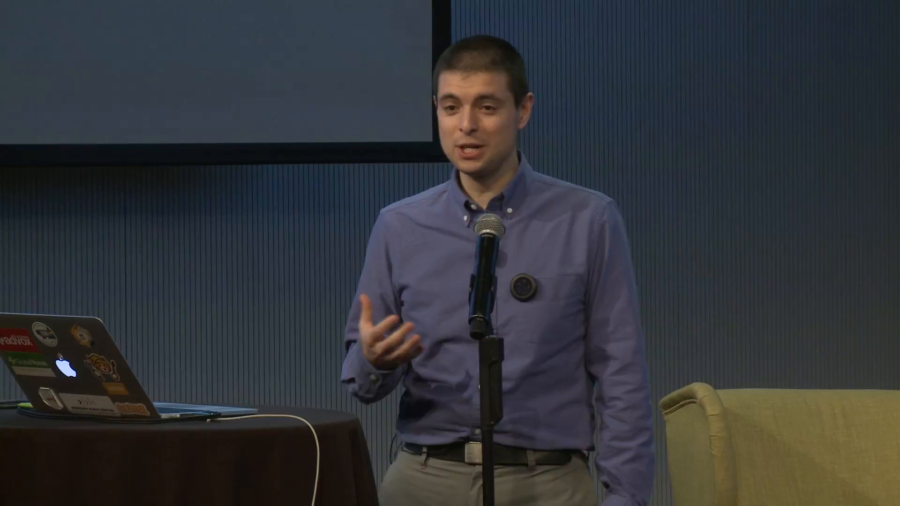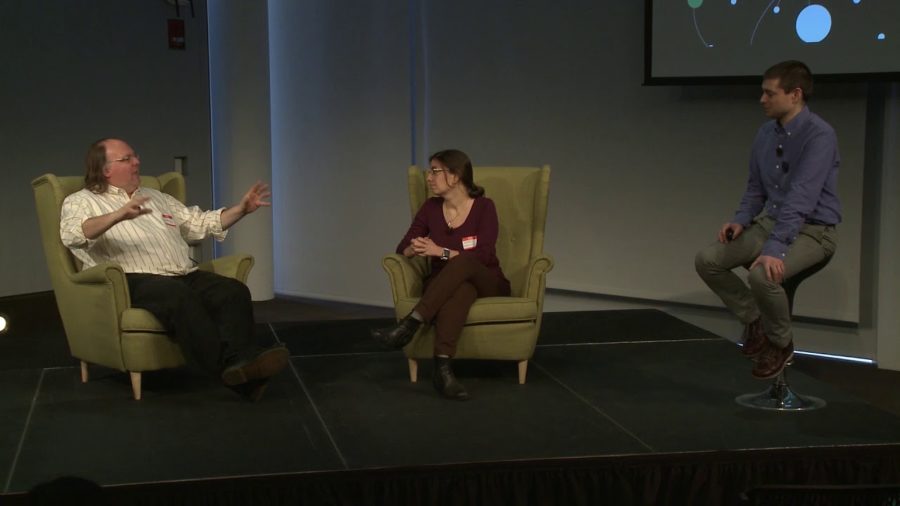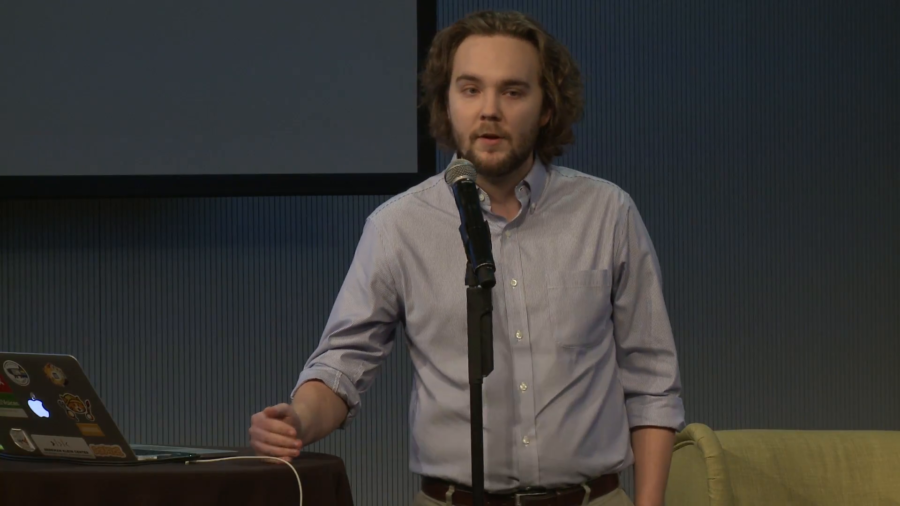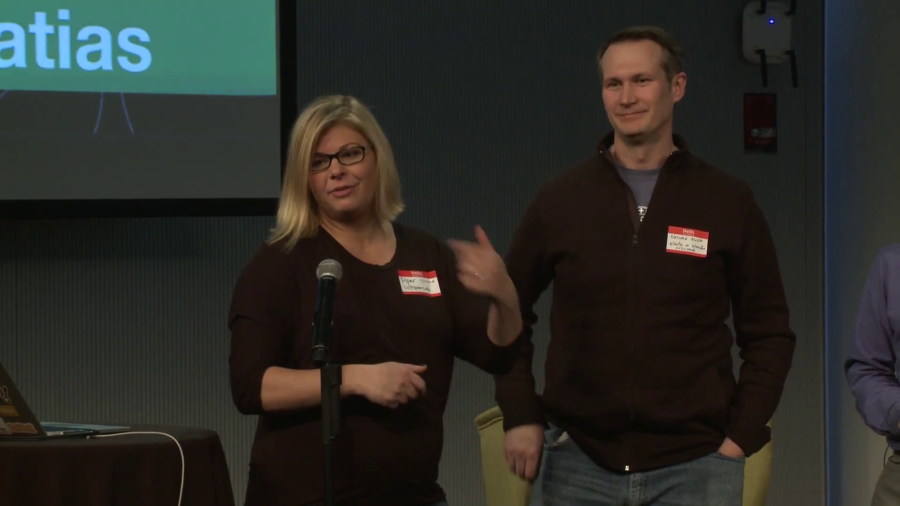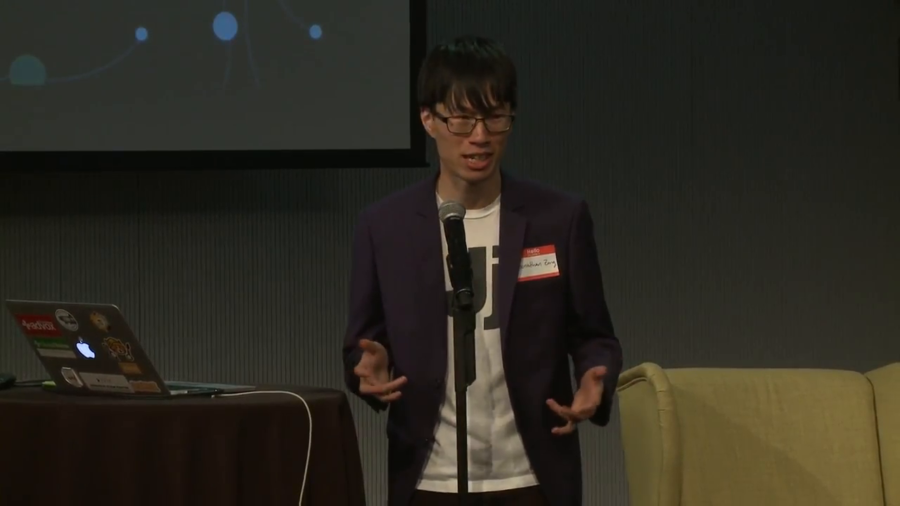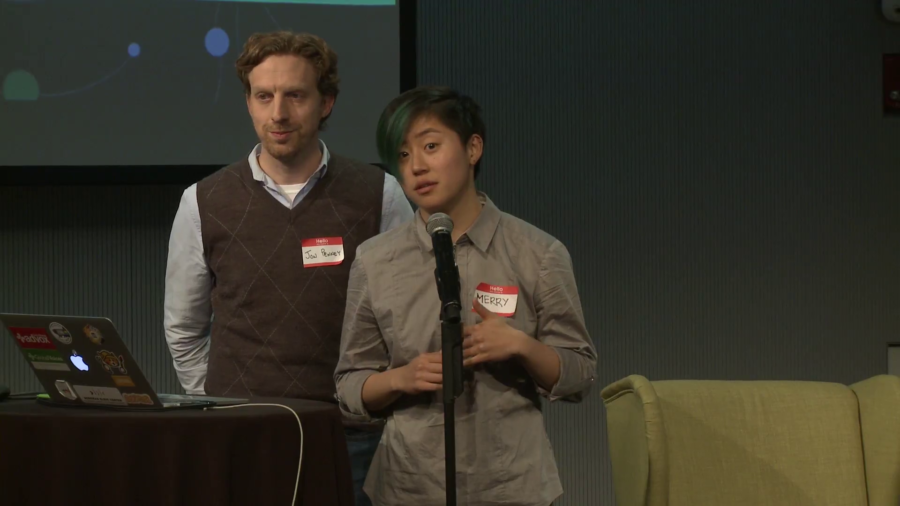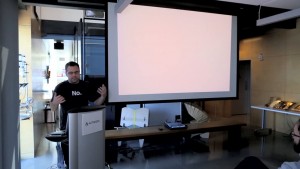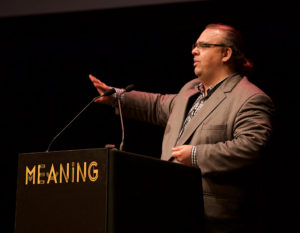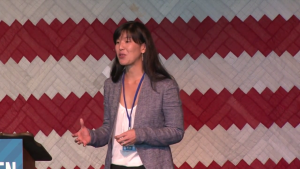I want to just make a few remarks about mentors and protectors. Most of us here have needed either or both of those. So I want to talk about two people in particular without whom I wouldn’t be here. The first person you know, and the second person you almost surely don’t know.
A Brief History of Industrial Revolutions: Hannah Dawson
presented by Hannah Dawson
The question that philosophers have asked since antiquity is how should you live? What is the good life for a human being? And the two answers that have repeatedly come back time and time again are that there are two things that matter. One is agency. That's to say being in control of your life, actively, creatively engaging with the world. And the other is community. Read more →

